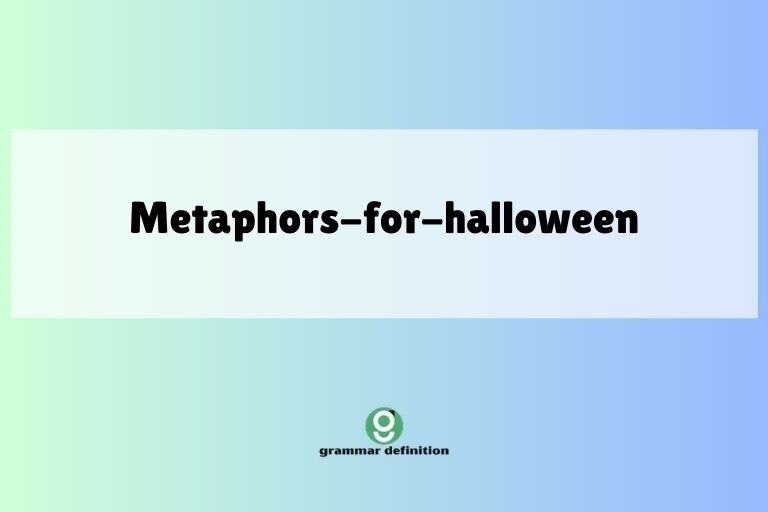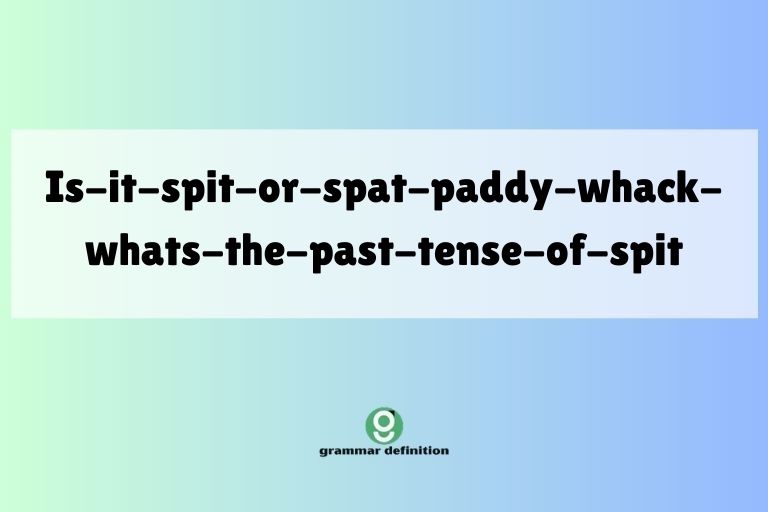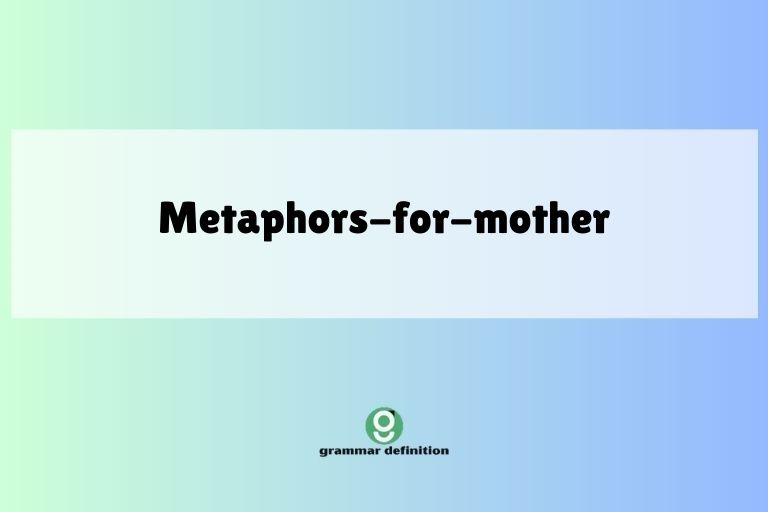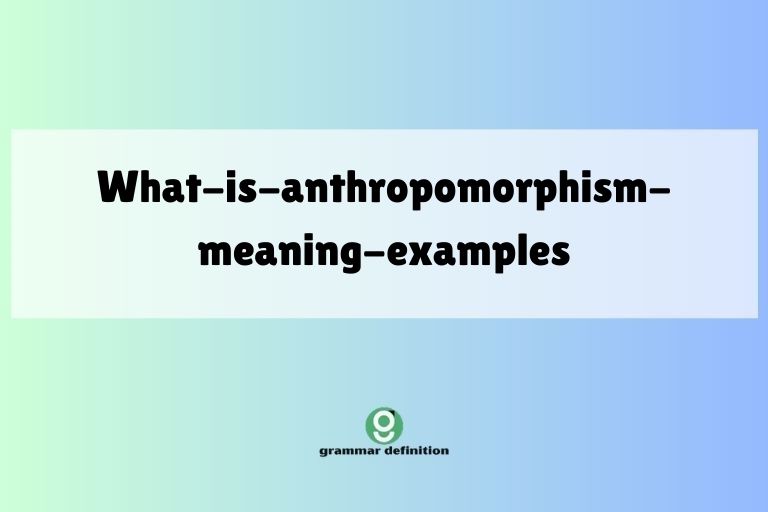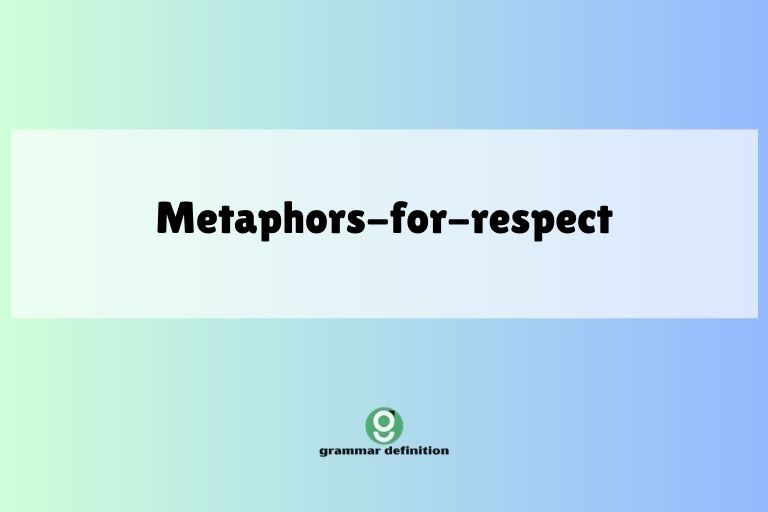Halloween Metaphors: Spooky Language and Grammar Guide
Metaphors are powerful tools in the English language, allowing us to understand and describe abstract concepts by comparing them to more concrete ideas. Halloween, with its rich imagery and symbolism, provides a fertile ground for exploring metaphorical language. Understanding how metaphors work, especially within the context of Halloween, can greatly enhance both your writing and … Read more

